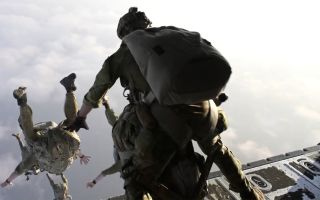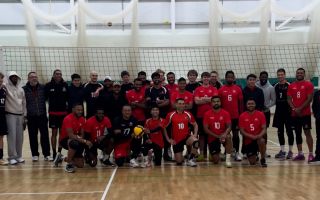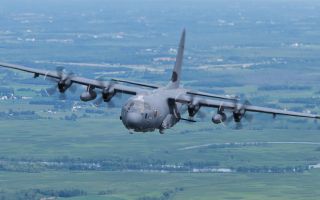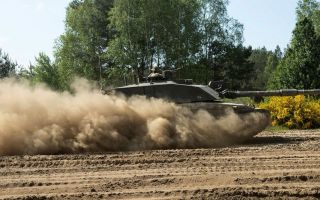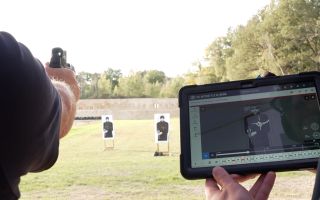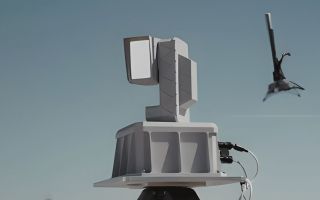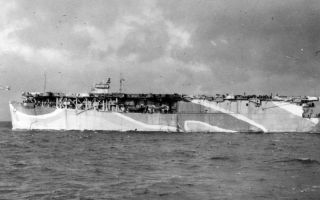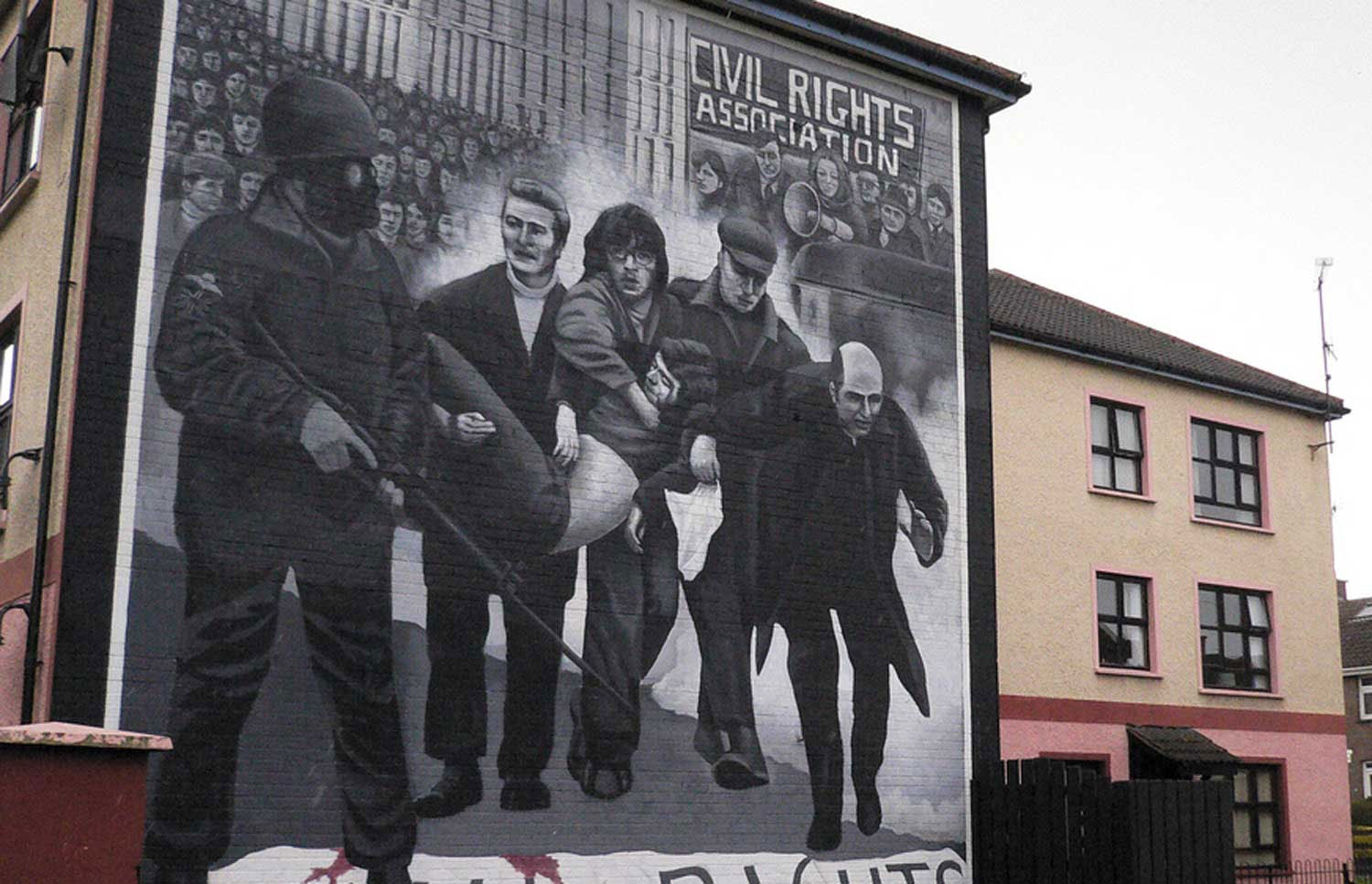
Tri-Service
Bloody Sunday Paratroopers Win Court Battle

Former paratroopers who face questioning over Bloody Sunday have won their High Court battle against being detained and transferred to Northern Ireland for interview by police.
Lord Chief Justice Lord Thomas described the case at a recent hearing as "a matter of great public interest".
The ex-soldiers, who cannot be named, applied for a judicial review against the Chief Constable of the Police Service of Northern Ireland (PSNI), who wants them taken back to Northern Ireland for an investigation into whether criminal offences may have been committed by soldiers who used lethal force on Bloody Sunday in 1972.
The High Court in London granted the seven men an order prohibiting the PSNI from arresting them on their undertaking "that they will attend for an interview under caution... to be carried out by the PSNI at a police station in England and Wales, or other acceptable location".
At the centre of the case is the way the PSNI is conducting its probe into the deaths of 14 civil rights demonstrators in Londonderry.
Lawyers for the ex-soldiers, who live in England and gave evidence to the Bloody Sunday Inquiry (BSI) from the British mainland, argued there was a real danger that their lives would unnecessarily be put at risk.
Arresting and transporting them "for what can only be described as administrative convenience" would be "unlawful, irrational and disproportionate", said James Lewis QC at a one-day hearing in November.
He said all the men were willing to be questioned on the mainland but intended to make "no comment".
The legal action follows the arrest of a former colleague of the men in Northern Ireland - the first ex-soldier detained.
The arrest of the 66-year-old, who was held in Co Antrim and later released on police bail, was welcomed by relatives of those killed.
Meanwhile, a petition calling for soldiers involved in Bloody Sunday to be granted immunity from prosecution has gained tens of thousands of supporters.
13 people were killed by members of the Parachute Regiment on the day of the incident, with another victim of the shootings died in hospital four months later.
Northern Ireland police launched the murder investigation in 2012.
It was initiated after a Government-commissioned inquiry, undertaken by Lord Saville, found none of the victims was posing a threat to soldiers when they were shot.
Following the publication of the Saville report in 2010, Prime Minister David Cameron apologised for the Army's actions, branding them "unjustified and unjustifiable".
In September, the PSNI told bereaved families they intended to interview a number of former soldiers about their involvement on the day.

